Wale Ayinla is a Nigerian poet essayist, Founder/Editor-in-Chief, Dwarts Magazine and Best of the Net Award nominee. His recent work appears on FLAPPERHOUSE, Palette Poetry, Connotations Press, SOBER, The Temz Review and elsewhere. Our Editorial Intern, Michael Akuchie had a chat with Wale Ayinla. The interview highlights his life, writing, prospects and challenges.
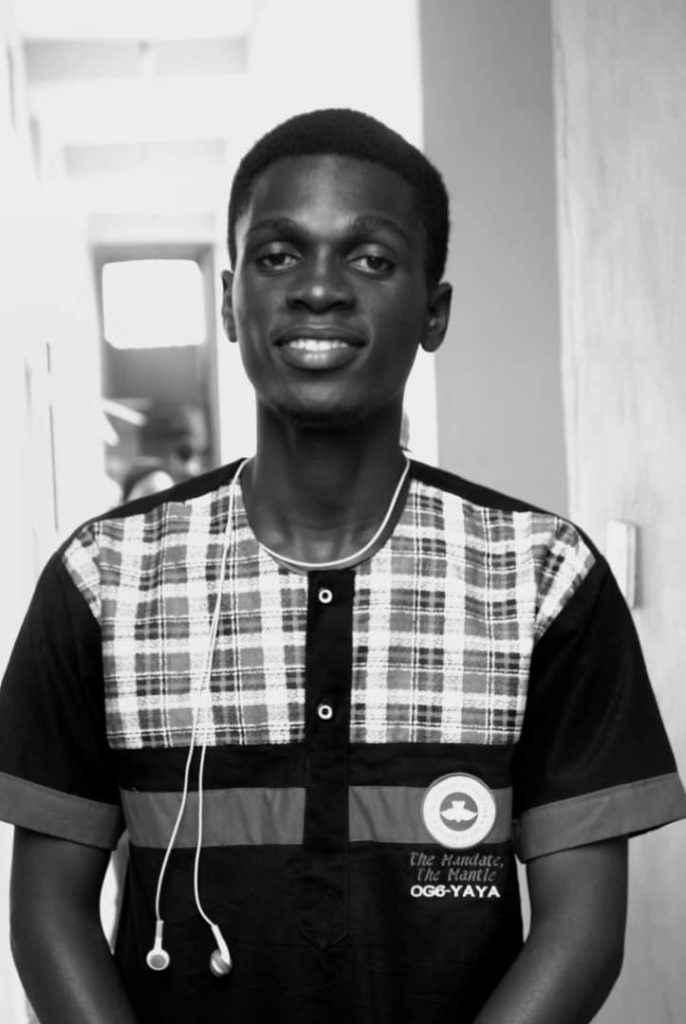
M.A: When did you develop interest in reading, & at which point were you moved to start writing?
L.A: I will have to trace that back to my formative years (between 8 and 15). During the long term holiday when I’d have to travel to my cousin’s in Lagos, I’d have to look around the house, reading newspapers from January till August. After I’d have been done with that, I’d then move to reading story books, magazines and all I could lay my hands on. You’d agree with me that those were a bit strange. Reading to me, then, was a ritual. I wasn’t always comfortable if I didn’t read at least [something]a day. Envy first moved me to writing, then grief took over. I’d been writing plays since I was in Jss 1, but I began writing seriously in 2015.
M.A : Very interesting and insightful. Extensive too. Asides poetry, what other genre do you delve in?
L.A: When I started writing, prose was what struck me. I wrote a couple of short stories but a rejection from The Newyorker stopped the dream. I write plays too… and I have a couple of essays and memoir on the web, too. Currently I’m working on a YA Sci-fi
M.A: That’s very good! Best wishes on the book deal.
What inspired you to start up Dwarts Magazine, a leading hub for African writers?
L.A: Late 2015 and early 2016 brought a change into the landosphere of African literature. It was the year Expound Magazine, Lunaris Review, and Enkare Review , and Dwarts Magazine were birthed.
I was inspired to bridge the gap between writers in Africa and their counterparts across the world. I wanted to do something, to create what is, as if it isn’t, and then Dwarts happened.
M.A : That’s brave & mightily daring. It’s a good cause you sought to pursue.
Have there been challenges in managing?
L.A: Anything that’ll last will have its own demands. There have been challenges, ranging from editorial to financial. As it stands, Dwarts Magazine is being run on personal funds. That alone caps the whole story. But in all, it has been a bittersweet experience. The team has been so wonderful, and with love, we’ve been able to forget the worries and forge ahead.
M.A: More like loving the business even when it rakes in bad hits. Admirable.
Are there plans to feature Non-Africans in subsequent issues?
L.A: Yes. We have always welcome to works from non-Africans. Since our third issue, we’ve been having encouraging submissions from other writers across the world. We believe that everyone has a story and that’s what we want to help them get out.
As a sneak peak, in submissions for our forthcoming issue, over 70% of the entries are from Non-Africans.
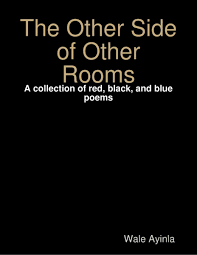
M.A: Oh wow! What are the African faithfuls doing then?! Stunning!
Do you enjoy serenity or have a really good coping mechanism for noisy locations when writing?
L.A: I’m sure familiarity is at play with the Africans, obviously.
Actually, I write anywhere. An ongoing hawker, and a boy flying kite, and a woman feeding her infant, have a role to play in what I write at the moment. Just like Chris Abani would say, “even noise is a blessing”. I feel like everything around speaks to our subconscious and that’s where poetry comes from. This then means that one might interfere with another.
M.A: This will be something poets & writers would want to know. Some cannot deal with the noise.
Which writer(s) have largely inspired your work?
L.A: Quite a ton of writers have influenced my work. Ranging from Okinba Lanko, to D.M Aderibigbe to Wale Owoade to Romeo Oriogun to Saddiq Dzukogi to Michael Akuchie to Safia Elhillo to Aria Aber to Ladan Osman to Leila Chatti to Jericho Brown to Ojo Taiye to Danez Smith to Hanif Willis-AbdulRaqqib to Kaveh Akbar to Todd Smith to Bola Opaleke to Olatunde Osinaike to Natasha Oladokun to Logan February, among others.
The truth is everyone I’ve read have taught me something with their art: either to withhold or let go. And that has been a great influence on my craft.
M.A: Testing different waters doesn’t hurt especially when you stand to gain.
We’ve seen you move from getting published locally to being featured in International magazines, how has the transition been?
L.A: There hasn’t been a transition, truthfully. Everywhere my work is accepted is home for me, though I tend to focus more on the international journals. We have limited workshops, limited prizes, and quite a few people who relates better with poetry in Africa. This is what made me shift gaze a bit and followed the paths my works choose to follow.
The reception has been encouraging, and there have been countless opportunities and recommendations from the international community than the local community.
M.A: True. I have come across a handful of writers that’d corroborate this point. It’s for your growth so go for it, I say.
Have you got any motivating tip for writers out there either having it rough or making waves?
L.A: For every writer out there, consistent doggedness and resilience is key. As writing is a passion, market it also. Don’t let the big stage scare you, approach it with all your sweat. We’ll all get there. Soon.
M.A: Emotive and profound. I reckon this will sit well with the community. Would you consider applying for a MFA program in the future?
L.A: Sure. Don’t be surprised if I post an acceptance next year. You never can tell.
Poetry is wide. There is more to know. And we must know.
M.A : I’d keep my eyes open for your work and progress, Lawanle.
It has been amazing having this beautiful conversation and letting me and subsequently readers inside your world.
What are your social media handles?
L.A: It’s my pleasure, man!
Twitter and Instgram: @Wale_Ayinla, Facebook: Lawale Ayinla.
I appreciate you for the opportunity.
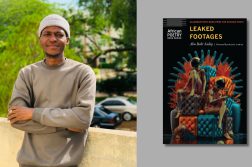
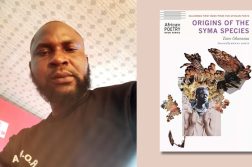
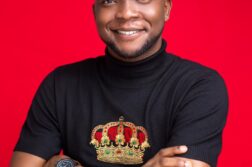
Discussion1 Comment
Great interview!
Big ups, L. A and M. A, you both inspire.